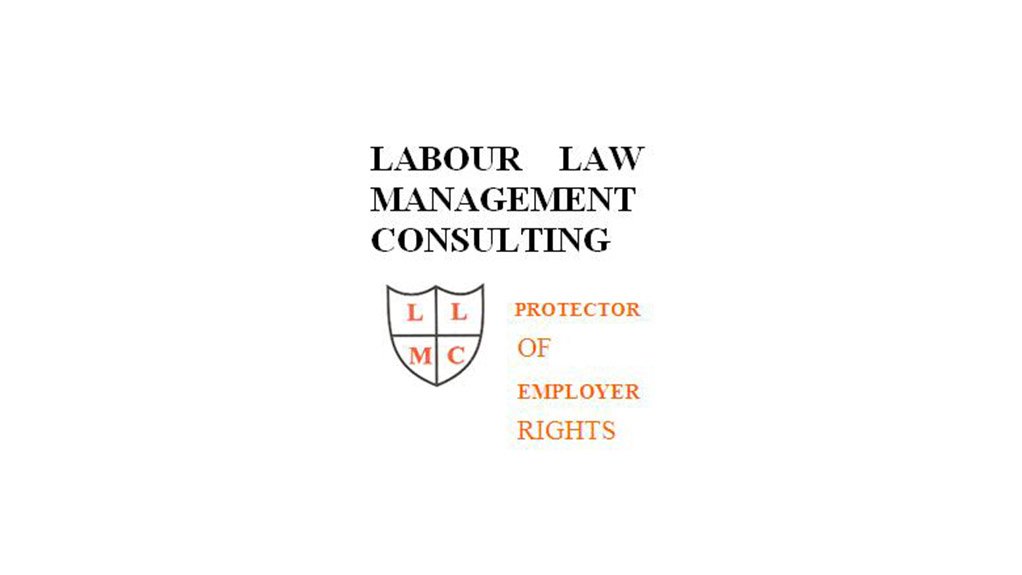At the CCMA it is the employer who has the full onus of proving that a dismissal was fair. For this reason, when employers are able to catch employees breaking rules on camera, they believe that they are guaranteed to win the case at the CCMA. This is not so for many reasons.
Videotaped evidence has been accepted as valid but, just as often it has been rejected. This is because certain circumstances can render video evidence unreliable or unacceptable.
In Afrox Ltd vs Laka & Others (1999, 20 ILJ 1732) the Labour Court found that the arbitrator’s decision to disallow video footage was grossly irregular as the evidence that the employer wanted to use was relevant to the case at hand.
However, in the case of Moloko vs Commissioner Diale & Others (2004 25 ILJ 1067) the arbitrator accepted into evidence video footage of an alleged assault by the employee. The Labour Court however, on review, decided that the video evidence was inadmissible as it was of very bad quality and could not be relied upon.
It is clear that, if the circumstances are right, the CCMA may well accept the admissibility of videotaped evidence at hearings. Some of the circumstances that may persuade arbitrators to accept video evidence include:
- The videotape must be clear. This means that visuals and audio must be sharp
- The video must be authenticated. In addition to the tape being clear it must be shown not to have been tampered with in any way. It must also be proved that the visuals and audio accurately reflected the incident in question and not some other incident
- The evidence provided by the videotape must be relevant to the case at hand
- The video should not be part of an illegal entrapment exercise.
Many employers, by the nature of their enterprises, are extremely vulnerable to losses due to employee misconduct. Such employers include, amongst others, security firms, casinos, retailers, financial institutions, jewellers and goods transporters. While videotaped evidence can be extremely useful to such employers as means of catching perpetrators this advantage will only apply where the employer knows how to ensure that all the requirements for validating the video evidence are adhered to.
This requires a full understanding of the laws of evidence and of privacy as well as substantial expertise in applying the law. Such understanding and expertise should be provided by labour law experts.
To buy our E-book WALKING THE NEW LABOUR LAW TIGHTROPE please contact Ivan on ivan@labourlawadvice.co.za or 011-888-7944.
Written by Ivan Israelstam, Chief Executive of Labour Law Management Consulting. He may be contacted on (011) 888-7944 or 0828522973 or on e-mail address: ivan@labourlawadvice.co.za. Web Address: www.labourlawadvice.co.za.
EMAIL THIS ARTICLE SAVE THIS ARTICLE ARTICLE ENQUIRY
To subscribe email subscriptions@creamermedia.co.za or click here
To advertise email advertising@creamermedia.co.za or click here











